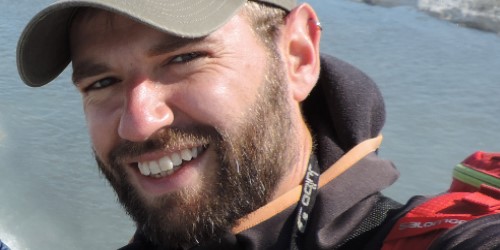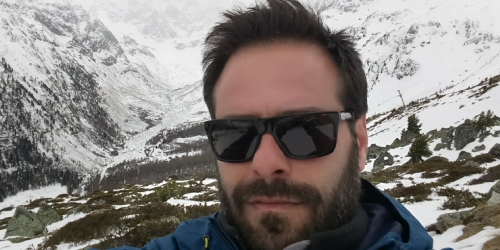Lifestyles of extremophiles: understanding nutrient and energy flows through the cryosphere.
About the project or challenge area
Extremophile microalgae thrive across the cryosphere when temperatures are positive and sunlight available for photosynthesis. Under the right conditions, such snow- and glacier-algae create conspicuous blooms that can last for weeks, providing the essential base of inorganic carbon fixation and energy production within the supraglacial environment, facilitating food web development by providing new organic carbon and nutrient resources. At present, however, we know very little about the algae’s own cellular requirements for nutrient resources (i.e. their cellular stoichiometry), or how this varies as a function of the ambient abiotic environment (i.e. the ecological stoichiometry); data critical to understanding the flow of nutrients and energy through supraglacial systems. Through a series of laboratory-based culturing experiments, this project will examine the cellular stoichiometry of a range of psychrophilic algal lineages relative to key abiotic stressors, to produce a robust understanding of their stoichiometric homeostasis across environmental regimes.
Why choose this project?
You will receive training in state-of-the-art culturing techniques, methods for the assessments of algal physiology (flow cytometry, microscopy, pulse-amplitude modulation fluorometry) and geochemical analytics (high performance liquid chromatography, nutrient and organic carbon analyses, EA-IRMS), using dedicated equipment available across the MicroLab, Low Temperature Experimental facility (LOWTEX), and Biogeochemistry laboratories of the School of Geographical Sciences.
About you
You will have a broad interest in polar microbiology and biogeochemistry. Demonstratable experience with incubation studies and/or laboratory analytics is desirable but training will be provided where necessary.
How to apply
All students can apply using the button below, following the Admissions Statement (PDF, 188kB). Please note that this is an advertised project, which means you only have to complete Section A of the Research Statement.
This project is not funded, for further details please use this link.
Before applying, we recommend getting in touch with the project's supervisors. If you are interested in this project and would like to learn more about the research you will be undertaking, please use the contact details on this page.
 Supervisor
Supervisor
Your supervisor for this project will be Christopher Williamson, Lecturer in Polar Microbiology in the School of Geographical Sciences. You can contact him at +44 (0) 117 42 82366 or email c.williamson@bristol.ac.uk.
 Supervisor
Supervisor
Your co-supervisor for this project will be Fotis Sgouridis in the School of Geographical Sciences. You can contact him at +44 (0) 117 928 8078 or email f.sgouridis@bristol.ac.uk.
Find out more about your prospective research community
The Environmental Change theme is a vibrant community of researchers who integrate expertise across multiple disciplines to provide the evidence base and solutions to tackle the world's most pressing environmental challenges. Find out more about the Environmental Change research theme.